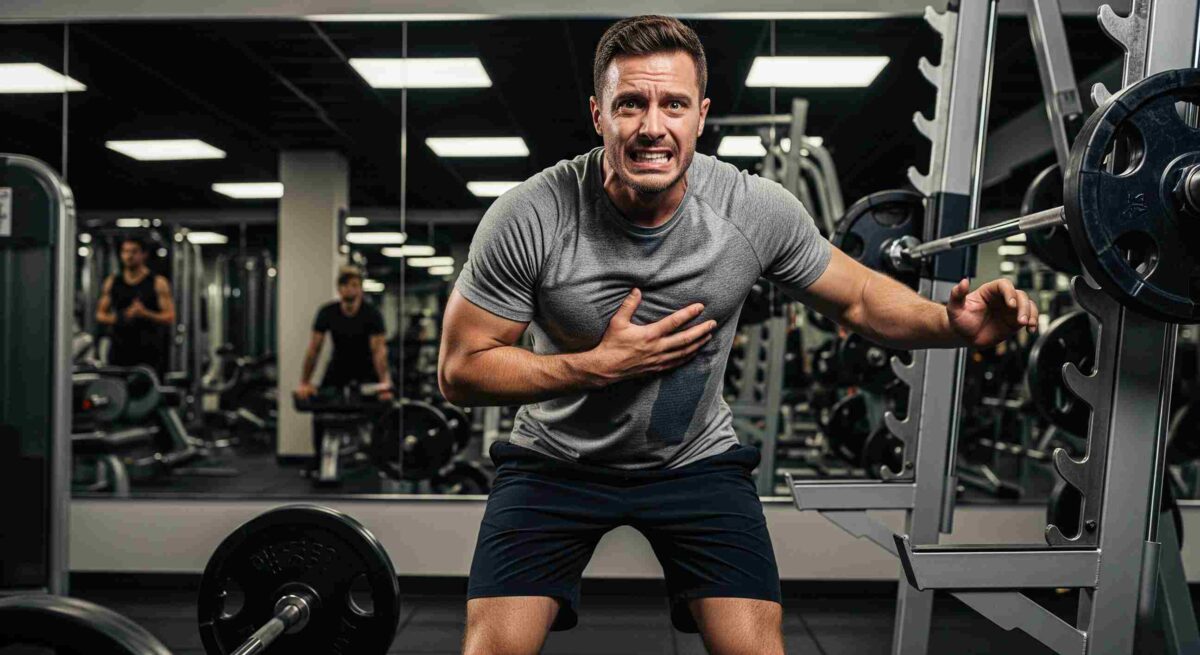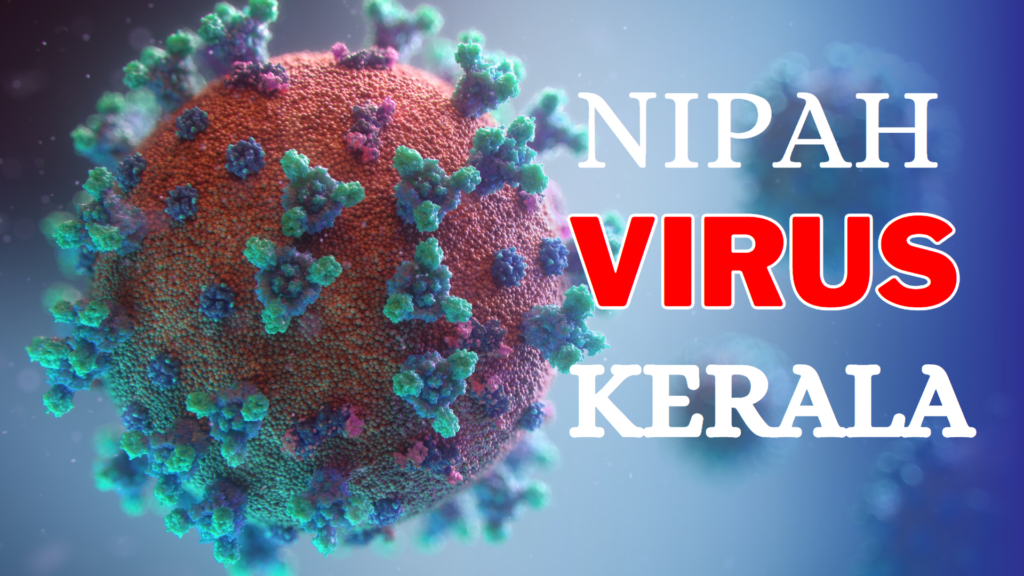Sudden cardiac arrest (SCA) in gyms has become a growing concern in August 2025. While exercise is crucial for heart health, intense workouts can sometimes trigger unforeseen cardiac events. Recent incidents across various cities have highlighted the importance of awareness, prevention, and preparedness during physical activity.
Recent Cases of Cardiac Arrest in Gyms
Several alarming incidents have occurred in the last few months:
- August 5, 2025 – Delhi: A 42-year-old man collapsed during a heavy weightlifting session. Immediate CPR by gym staff saved his life, but doctors discovered underlying heart disease that had gone unnoticed.
- July 28, 2025 – Mumbai: A 35-year-old woman suffered a cardiac arrest after consuming a pre-workout energy drink. Quick response by nearby gym-goers and emergency personnel revived her.
- July 15, 2025 – Bengaluru: A 50-year-old man with high blood pressure experienced sudden cardiac arrest during treadmill training. He was stabilized after rapid medical intervention.
- June 30, 2025 – Pune: A 25-year-old fitness enthusiast collapsed during a CrossFit session. He survived after timely use of an Automated External Defibrillator (AED) at the gym.
These cases underscore the unpredictability of cardiac events, even among seemingly healthy individuals.
Importance of Health Screenings Before Exercising
Medical experts recommend that gym-goers undergo health assessments before starting intense workouts:
- Electrocardiogram (ECG): Detects electrical irregularities in the heart.
- Echocardiogram: Assesses the structure and function of the heart.
- Stress Test: Evaluates how the heart responds under exertion.
- Blood Tests: Checks for cholesterol, blood sugar, and markers of heart disease.
Regular screenings can help identify underlying conditions and reduce the risk of sudden cardiac events.
Preventive Measures to Reduce Cardiac Risks
Taking certain precautions can greatly reduce the likelihood of SCA in gyms:
- Proper Warm-Up and Cool-Down: Preparing the heart before exercise and gradually lowering activity afterward.
- Stay Hydrated: Adequate fluid intake supports cardiovascular function.
- Avoid Stimulants: Limit energy drinks, excessive caffeine, and pre-workout stimulants.
- Monitor Exercise Intensity: Do not overexert, especially when starting a new workout routine.
- Rest and Recovery: Allow the heart and body time to recover between sessions.
Role of Gym Staff and Facilities
Gyms have a critical responsibility to protect their members:
- CPR Training: All staff should be trained to perform CPR quickly.
- AED Availability: Automated External Defibrillators must be present and accessible in every gym.
- Emergency Protocols: Clear procedures for handling cardiac incidents are essential.
A well-prepared gym environment can save lives during sudden cardiac emergencies.
Awareness and Education
Raising awareness among gym-goers is vital for prevention:
- Workshops and Seminars: Educate members about heart health and warning signs of cardiac distress.
- Regular Health Checkups: Encourage members to undergo periodic screenings.
- Community Engagement: Collaborate with health professionals to spread knowledge about SCA prevention.
Warning Signs to Watch For
Gym-goers should be alert to early signs of potential cardiac problems:
- Chest pain or discomfort during exercise
- Shortness of breath disproportionate to exertion
- Lightheadedness or dizziness
- Palpitations or irregular heartbeat
- Extreme fatigue or weakness
Recognizing these signs early can prevent full cardiac arrest.
Conclusion
Sudden cardiac arrest in gyms is a serious and growing concern in 2025. By undergoing proper health screenings, following preventive measures, and ensuring gyms are equipped with trained staff and AEDs, individuals can significantly reduce the risk of cardiac emergencies. Awareness, preparation, and immediate response are key to keeping workouts safe and protecting lives.
FAQs: Sudden Cardiac Arrest in Gym
A1: Sudden cardiac arrest is a sudden, unexpected loss of heart function, usually caused by an electrical malfunction in the heart. It can occur even in healthy individuals, especially during intense physical activity.
A2: Yes. While regular exercise is healthy, underlying heart conditions or excessive physical strain can trigger sudden cardiac arrest, even in young and apparently fit individuals.
A3: Warning signs include chest pain, shortness of breath, dizziness, palpitations, extreme fatigue, and fainting. Recognizing these early can prevent serious outcomes.
A4: Preventive measures include proper warm-up and cool-down, staying hydrated, avoiding stimulants like energy drinks, monitoring workout intensity, and taking rest between sessions.
A5: Yes. Pre-exercise health screenings such as ECG, echocardiogram, stress tests, and blood tests can detect underlying heart issues and reduce the risk of cardiac events.
A6: Gyms should ensure staff are trained in CPR, have AEDs on site, and follow clear emergency protocols to respond quickly to cardiac incidents.
A7: High-caffeine and stimulant-packed energy drinks can increase heart rate and blood pressure, raising the risk of sudden cardiac events during intense exercise.
A8: Immediate CPR and the use of an AED can save lives. Quick medical intervention significantly increases the chances of survival.
A9: While rare, the number of incidents has been rising in 2025 due to intense workouts and undiagnosed heart conditions. Awareness and preventive care are essential.
A10: Call emergency services immediately, start CPR if trained, and use an AED if available. Acting quickly is critical to saving a life.
Sources:
The Times of India
People.com
Indianexpress.com









